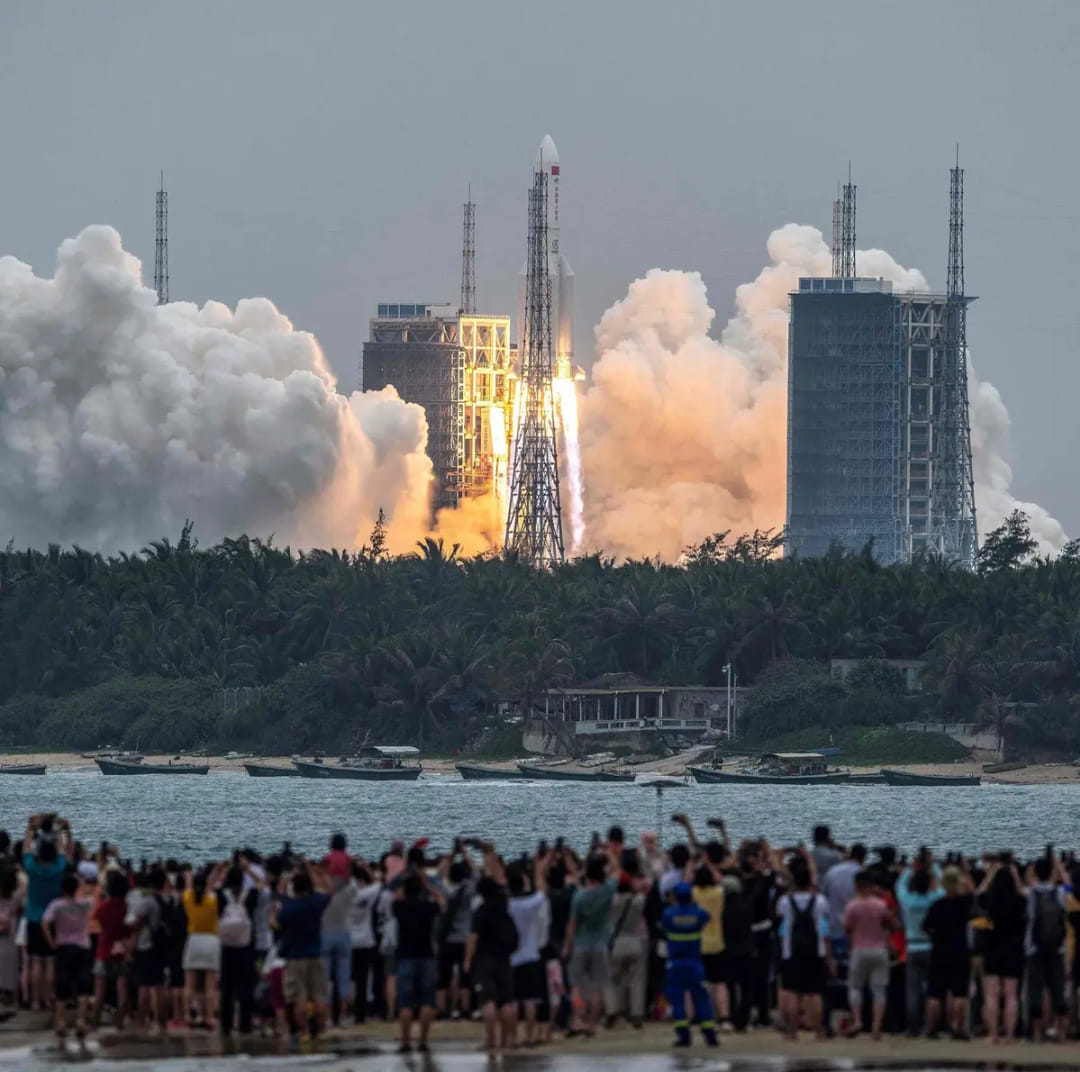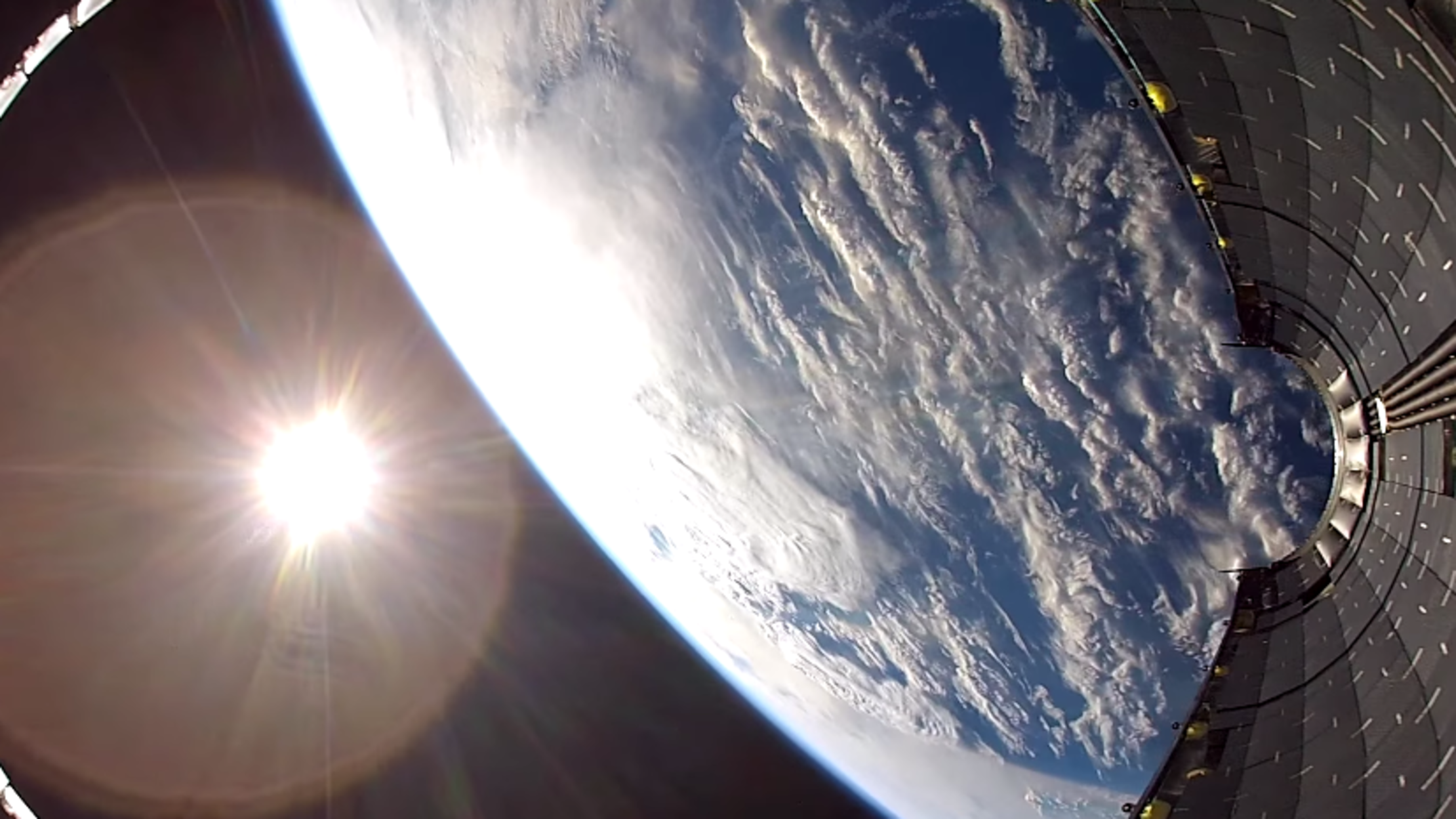
Combined, these two factors mean that the stress on a rocket rises and then falls during a launch, peaking at a pressure known as max q. But the higher the rocket goes, the thinner the atmosphere gets.

The faster a rocket goes, the more air resistance it encounters. Because the first stage must lift the entire rocket, its cargo (or payload), and any unused fuel, it's the biggest and most powerful section. The first stage of SpaceX's Falcon 9 rocket has nine engines, while the first stage of Northrop Grumman's Antares rocket has two.Ī rocket's first stage gets the rocket out of the lower atmosphere, sometimes with the help of extra side boosters. Each stage has its own engines, which can vary in number.

Today's large, space-bound rockets consist of at least two stages, sections stacked in a shared cylindrical shell. The space shuttle's side boosters used solid propellants, while many modern rockets use liquid propellants. A rocket's fuel and oxidizer-called propellants-can be either solid or liquid. Unlike airplanes' jet engines, rockets are designed to work in space: They don't have intakes for air, and they bring along their own oxidizers, substances that play the role of oxygen in burning fuel. Rockets make exhaust by burning fuel in a rocket engine. As a result, the rocket moves in the opposite direction of the exhaust with the same total oomph. The exhaust's gas molecules don't weigh much individually, but they exit the rocket's nozzle very fast, giving them a lot of momentum. Rockets work by expelling hot exhaust that acts in the same way as the basketball. The faster you throw the ball, the faster you roll backward. If you throw the basketball in one direction, you and the skateboard will roll in the opposite direction to conserve momentum.

Imagine yourself standing on a skateboard with a basketball in your hands. If no outside forces act on a group of objects, the group's combined momentum must stay constant over time. Instead, rockets take advantage of momentum, or how much power a moving object has. How do rockets work?Īs tempting as the logic may be, rockets don't work by “pushing against the air,” since they also function in the vacuum of space. These craft and their engines, called rockets, have taken on many roles as fireworks, signal flares, and weapons of war.īut since the 1950s, rockets also have let us send robots, animals, and people into orbit around Earth-and even beyond. Since the invention of gunpowder in China more than seven centuries ago, humans have sent cylinders soaring into the skies with the help of controlled explosions.


 0 kommentar(er)
0 kommentar(er)
